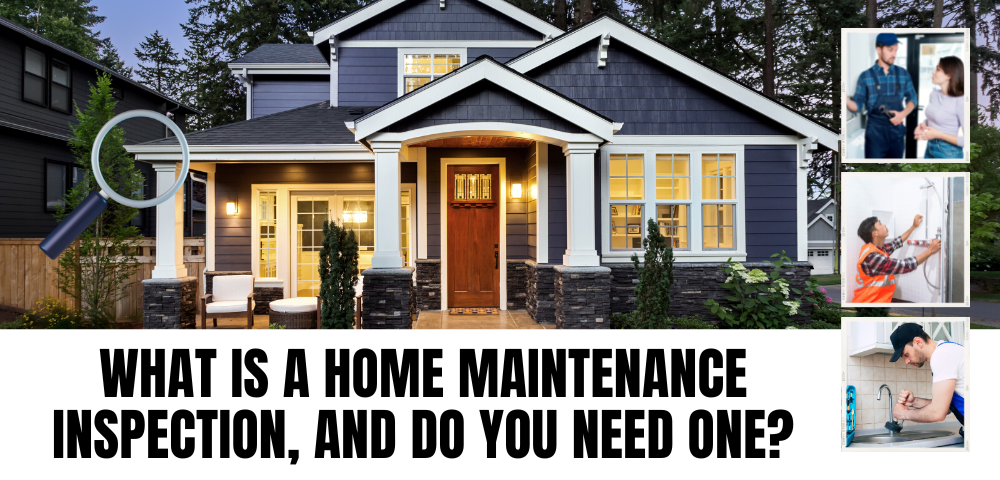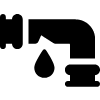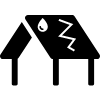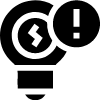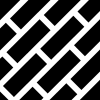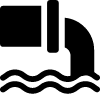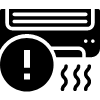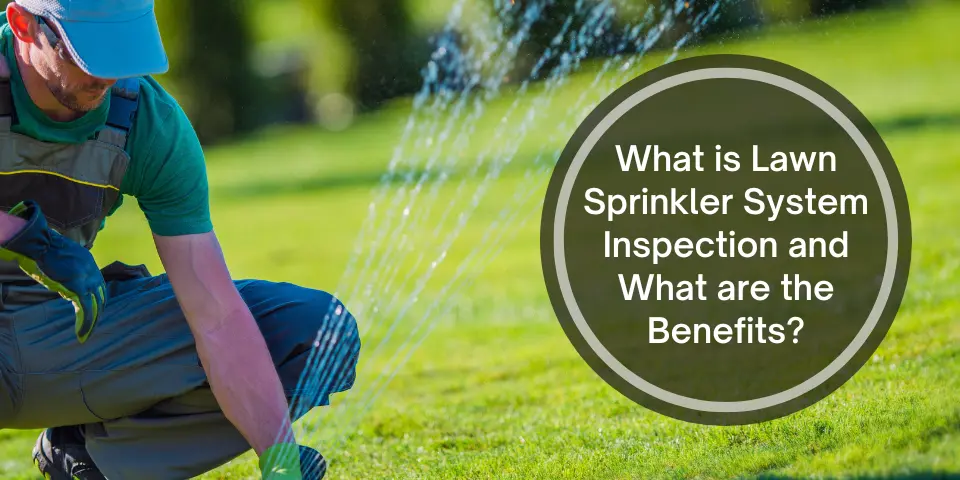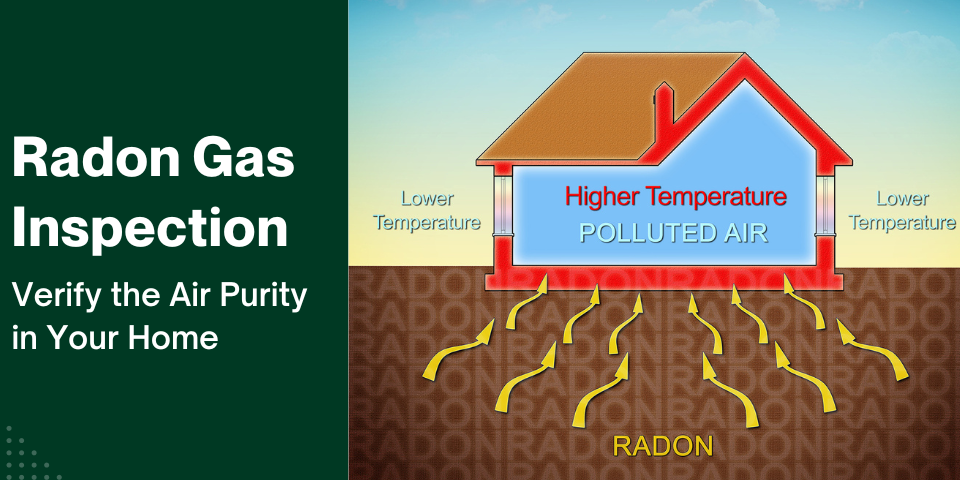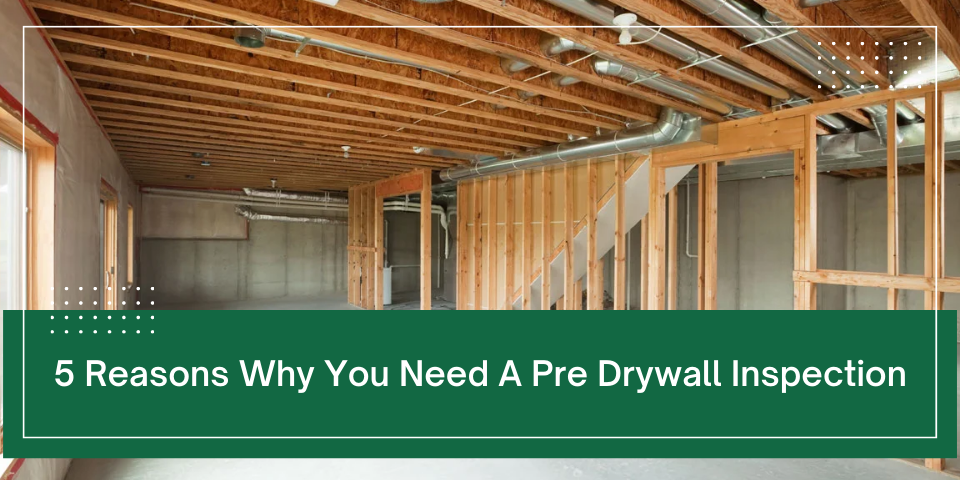What is a Home Maintenance Inspection, and Do You Need One?

5 Reasons Why You Need A Pre Drywall Inspection
February 15, 2023
Radon Gas Inspection – Verify the Air Purity in Your Home
March 16, 2023If you’ve lived in your home for any length of time, you are likely well aware that there is always something that needs to be fixed. Whether you’re considering moving or simply want to ensure that your home’s systems are working correctly, conducting regular home maintenance inspections can provide incredible insight into the overall state of your home. A home maintenance inspection helps to identify any hidden issues that may need to be addressed before they become a major issue or before putting your home up for sale.
Just like a yearly health exam, home maintenance inspections are just as important for the health of your home to ensure that the electrical, plumbing and HVAC systems, interior and exterior structure, and appliances are all in good shape and working as they should. By regularly inspecting the overall condition of your home, you can prevent structural and system breakdowns which will save you money on costly repairs in the long run and keep your home looking its best.
Just like a yearly health exam, home maintenance inspections are just as important for the health of your home to ensure that the electrical, plumbing and HVAC systems, interior and exterior structure, and appliances are all in good shape and working as they should. By regularly inspecting the overall condition of your home, you can prevent structural and system breakdowns which will save you money on costly repairs in the long run and keep your home looking its best.
What to Expect During a Home Maintenance Inspection
Similar to a pre-purchase inspection, a home maintenance inspector will do a walkthrough of the house, highlighting any issues they find and explain the significance of any problems. You will have the opportunity to ask questions, and the inspector will provide suggestions for ongoing maintenance to keep your home’s systems in good working condition.Within a few days of the inspection, you will receive a written report outlining all of the inspector’s findings. Unlike a pre-purchase inspection, however, you will be responsible for addressing any issues identified in the report. The report will serve as a detailed to-do list that you can tackle as time and money permits.
Common Issues Found During Home Maintenance Inspections
Whether you’ve lived in your home for one year or twelve, problems will occur that are both obvious to the naked eye, and hidden out of view. As such, there are common problems discovered during home maintenance inspections including:Water leaks
Water leaks are a common problem often discovered during home inspections and can occur anywhere in the house. They are also considered one of the most serious issues identified by home inspectors. Typically, water leaks are caused by neglecting to maintain plumbing pipes and water entry points. Unfortunately, locating leaks can be challenging since most are concealed behind walls or underneath floors. Identifying leaks is critical, because even a small leak can turn into a major problem that can potentially cause structural damage.Roof damage
A thorough roof inspection is crucial because it can be one of the costliest repairs a homeowner may have to address. Unfortunately, it's also among the most frequently reported problems in a home inspection. Typical roof issues that an inspector may discover include damaged or missing shingles, a sagging roof, and obstructed gutters. Generally, the older a home is, the higher the likelihood of roof damage. Homeowners are advised to have their roofs inspected at least once a year if they are over 10 years old.Electrical problems
Home maintenance inspectors commonly find electrical hazards, which are among the top problems found in home inspections. The electrical system in a home can present various issues, such as wiring problems, damaged receptacles, faulty GFCI outlets, outdated electrical panels, and painted outlets. These issues are not only expensive to repair, but can also pose a fire risk. Inspectors check for electrical problems carefully because it is vital for homeowners to ensure that their electrical system is up-to-date and functioning properly.Problems with the floor
This is a big one when it comes to conducting a pre-drywall inspection.The inspector will pay special attention to the floors because the floor is attached to the foundation, and pipes are running beneath it. Close inspection of the floors will let the inspector identify potential foundation and plumbing problems. The inspector will also check to see that the floor-to-floor tiles are arranged correctly, floor joists are installed properly, evenly spaced out, and supportive, and that the floor meets the walls and foundation in the correct places.Plumbing, sewage, and septic problems
It can be really discouraging if damaged pipes, backed-up sewage systems, malfunctioning water heaters, and mold and mildew are found during a home maintenance inspection. Plumbing issues, in particular, are frequently encountered in older homes where outdated and insufficient plumbing systems are still in use. It's important to identify plumbing problems as early as possible, because even a minor issue can cause significant problems throughout the entire house. While some plumbing problems are easy to spot, like water damage or a continuously running toilet, others are harder to detect. A home inspector will search for broken and corroded pipes, cross-connection problems, low or high water pressure, and other plumbing related issues.Trip hazards
A walking surface becomes a trip hazard when there is an abrupt change in either the horizontal or vertical separation. This change occurs in areas intended for walking. For instance, uneven tiles placed behind a bathroom sink in the corner are not considered a trip hazard since no one will walk on them. The vertical separation must be 1.5 inches or more for a home inspector to consider it a trip hazard. However, inadequate lighting over stairs and steps can also be considered a trip hazard. Common examples of trip hazards are uneven tiles, cement walkways or pavers, and tree roots that have broken through any walking pathways.HVAC issues
During a home maintenance inspection, the inspector will thoroughly examine the heating and cooling systems. This is crucial for two reasons. Firstly, homeowners want to ensure that their property has adequate heating and cooling to cope with extreme temperatures throughout the year. Secondly, malfunctioning HVAC systems pose a fire hazard and increase the risk of mold and mildew as a result of poor ventilation. HVAC issues, such as faulty wiring and ventilation problems, are frequently encountered during home inspections, but regular maintenance and care can help prevent these problems. Additionally, the inspector will also examine fireplaces, sprinkler systems, and furnaces.Structural problems
Home inspectors often encounter structural issues during their inspections, which can be both common and severe. These issues are usually the result of neglecting other problems mentioned above. The home's structure is made up of the foundation, walls, floor, and roof, and the inspector will carefully examine each of them. Common structural issues that may be identified include bulging walls, uneven flooring, cracks in the foundation, drainage problems, and more. It's worth noting that older homes are often more susceptible to structural damage than newer ones.How to Prepare for an Upcoming Home Maintenance Inspection
As a homeowner, you may be feeling a bit nervous about what a home maintenance inspection will reveal about the condition of your home, but remember, knowing is half the battle! Thankfully, there are a few things you can do in advance to ensure your inspection goes smoothly.Here are some tips from the experts at ClearVUE:
1. Hire a professional home inspector: The first step is to find a reputable home inspector who can help you identify any problems in your home.2. Leave the house during the inspection: To allow the inspector to work freely, homeowners should be out of the house for at least three hours during the inspection. If you choose to stay, allow your inspector the space they need to thoroughly investigate every aspect of your home that they need to.
3. Clean and declutter: A clean and tidy house is important to provide easy access to all areas of the home. This includes removing clutter and personal items, which can affect the inspector's ability to test and inspect various systems in the home. Replace all dead light bulbs and ensure proper lighting is in place.
4. Keep safety hazards in mind: Smoke and carbon monoxide detectors are often overlooked, but are essential safety features. Lack of proper GFCI protection and wiring issues are common safety hazards that inspectors find.
5. Remove pets from the house: Pets should not be present during inspections, as they can be distracting and interfere with the inspection process.
6. Clear access: Ensure all access points to attics, crawl spaces, and electrical panels are clear from obstruction.
7. Be on the lookout for mold: Mold inspections are a specialized part of a home inspection. To allow for a more accurate evaluation, it's best to have the house in a static condition for 24 hours before the inspection.
Conclusion: How Regular Home Maintenance Inspections Keep Your Home at its Best
Ensuring your home is well-maintained is crucial, given it's likely your most valuable asset and where you will live for many years to come. Conducting home inspection in Charlotte NC gives you impartial advice on what needs to be fixed or replaced to avoid costly repairs in the future and keep your family safe.While many people associate home inspections with purchasing a property, regular maintenance inspections are also important for ongoing homeownership. Conducting one every year or two is a proactive approach to identifying any issues before they escalate to ensure your home remains in optimal condition for your family's continued enjoyment.
Homeowners are well aware of the unplanned and sudden expenses that come with owning a home, but sometimes they're not aware of how easily they can be tricked into spending excessive amounts on unnecessary repairs. As a neutral third party, ClearVUE inspectors will always present our findings to you honestly and transparently. By knowing the actual overall condition of your home, you can protect yourself from scams and save thousands of dollars. Contact us today!

